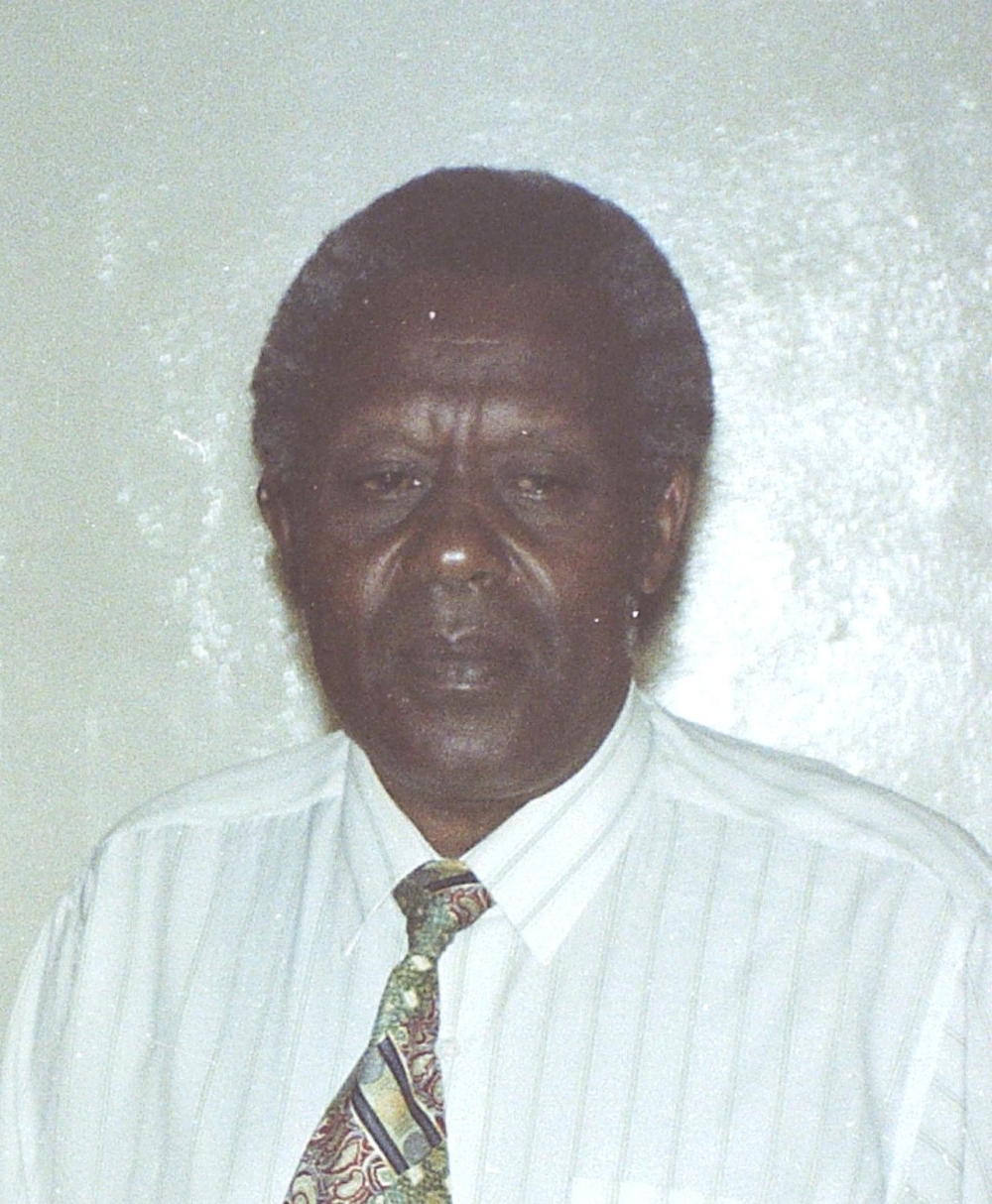Richard Dowden, an Englishman, was a journalist working in Africa for a number of years. His book, ‘Africa: Altered States, Ordinary Miracles’ is a sensitive and intimate portrayal of his time on the continent. The first chapter is entitled ‘Africa is different’ in which he outlines the confusion for a visitor in Africa.


Richard Dowden, an Englishman, was a journalist working in Africa for a number of years. His book, ‘Africa: Altered States, Ordinary Miracles’ is a sensitive and intimate portrayal of his time on the continent.
The first chapter is entitled ‘Africa is different’ in which he outlines the confusion for a visitor in Africa.
I would like to apologise immediately for the gross generalities of the article, with terms such as ‘Englishmen’ and ‘Africa’, both diverse and varied. However the article is still widely applicable and reading Dowden’s experiences helped to crystallise my own.
These cultural confusions are natural and are often to be enjoyed and celebrated. However they can be interpreted negatively, for arrogance and disrespect, as I discovered during my time in Rwanda. Perhaps there are lessons for everyone.
A recurring theme of my time in Rwanda was dress. I arrived to work in fraying blond trousers and white t-shirt.
These are clothes rarely accustomed to the weather in England and it was liberation in the Rwandan heat. It was two days before my boss had to speak to me.
"When people arrive in Africa they think they can relax and go where what they want. This isn’t a holiday”. She was firm.
Given my short nights, I was aware this wasn’t a holiday. A formal dress outside of business meetings and special events in the UK could be termed eccentric. Informality in dress rarely indicates levels of respect or work ethic. This was my first lesson.
I visited a close friend in Kampala. She recounted a conversation she had recently been having. Her friend had been offended by visitors that he had seen sitting on walls or by the road. She leant over to me.
"I think you people think you can sit anywhere because you’re in Africa and you don’t care. You think you’re superior”
I didn’t comment on the ‘you people’, but I couldn’t resist the latter comment. In truth her comments only reflected something of her own dislike of visitors in Kampala. It is not superiority that explains this behaviour; it is that people are not expected to be judged.
It is for this reason that I was bemused when people reacted to the shoes I’ve been wearing constantly for the last year. They had holes surrounding their edges.
A friend in Uganda made me take his shoes. My shoes were battered and showed the signs of wear and tear.
His revulsion was understandable; the shoes had been sweating in the Rwandan sun for a couple of months. However, he was more concerned about what other people would think, saying "they will think it’s strange that you come here”.
I continue to wear these shoes today back home in Britain. Indeed, it is not uncommon to see people with holes in their shoes and ripped clothing. This type of ‘dress’ it is more often a form of art rather than a lack of money to buy new clothes.




